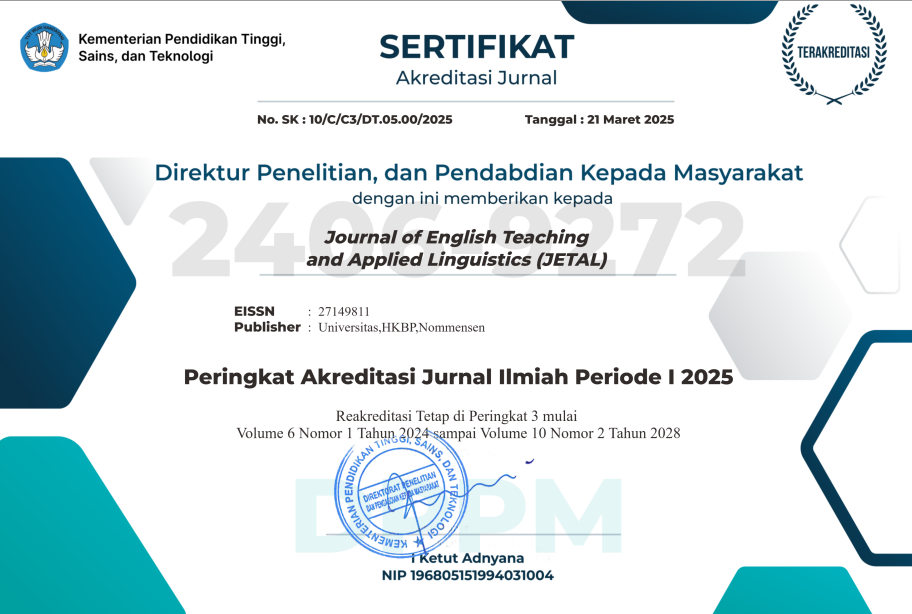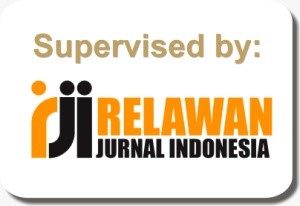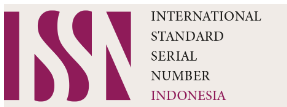The Investigation of Using Out-Classroom Experiences to Enhance Indonesian EFL Learners’ Speaking Performance
Abstract
The role of English in Indonesia can be said quite special because English is the only compulsory foreign language included in secondary curriculums. However, the special status of English in national education is not accompanied by satisfactory results. Out-classroom experience (OCE) is believed to overcome this issue and has been applied successfully. Therefore, this study investigates the use of out-classroom experience in enhancing Indonesian EFL learners’ ability in speaking English. By conducting a case study approach, the research used triangulation data collection techniques consisting of classroom observation, interview, and speaking performance test. The study involved 40 undergraduate students from one of the public universities in Banten province as its subjects. The result showed that the use of OCE positively contributes to the development of students’ speaking development. Out-classroom activities can facilitate the learners to access or even create language exposures by themselves. This study provided some implications about using OCE for language teachers and educational practitioners.
Keywords: Out-Classroom experiences, speaking, college students, EFL context
References
Ary, D., Jacobs, L., Sorensen, C. & Razavieh, A. (2010). Introduction to Research in Education. California: Wadsworth
Celce-Murcia, M. And Olshtain, E. (2006). Discourse and Context in Language Teaching A Guide for Language Teachers. Cambridge: CUP
Knapp, J. (2001). Exploring Out-of-Class Communication: The Development and Testing of a Measure. MA Thesis. Virginia: West Virginia University
Krause, K. (2007). Beyond Classroom Walls: Students’ Out of Class Peer Experiences and Implications for Teaching and Learning. Nagoya Journal of Higher Education, Vol. 7, pp. 301-319.
Palfreyman, D. (2003). Introduction: Culture and Learner Autonomy. In Palfreyman, D. and Smith, C. (eds.) New York: Palgrave Macmillan Ltd.
Raths, J. (2002). Improving Instruction. Theory Into Practice, Volume 41, 4, 2002, pp. 233-237.
Richards, J. And Renandya, W. (2002). Methodology in Language Teaching an Anthology of Current Practice. Cambridge: CUP
Shumin, K. (2002). Factors to Considers: Developing Adult EFL Students’ Speaking Abilities. In Methodology in Language Teaching an Anthology of Current Practice, Richards, J. & Renandya, W. (Eds). Cambridge: CUP pp.204-211.
Taylor, C., Beck, D., Hardy, D., Omura, K., Stout, M. and Talandis Jr. G. (2012). Encouraging students to Engage in Learning Outside the Classroom. Special Issue on Learning Learning, Vol. 19, 2. Pp. 31-45.
Authors retain copyright and grant the journal right of first publication with the work simultaneously licensed under a Creative Commons Attribution-ShareAlike 4.0 International License (CC BY-SA 4.0) that allows others to share the work with an acknowledgment of the work's authorship and initial publication in this journal.
Authors are able to enter into separate, additional contractual arrangements for the non-exclusive distribution of the journal's published version of the work (e.g., post it to an institutional repository or publish it in a book), with an acknowledgment of its initial publication in this journal.
Authors are permitted and encouraged to post their work online (e.g., in institutional repositories or on their website) prior to and during the submission process, as it can lead to productive exchanges, as well as earlier and greater citation of published work (See The Effect of Open Access).






